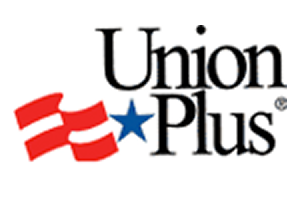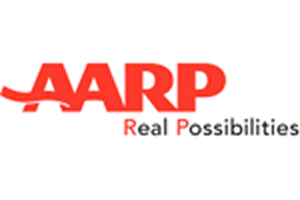800.696.9529
Nassau County Foreclosure
Realizing that your financial situation has become so dire that you cannot afford to pay your mortgage is stressful. Failure to pay your mortgage is serious. It is a lot more serious than other debt problems such as being late paying a credit card bill. If you fall behind in paying your mortgage, your property could go into foreclosure. In other words you could lose your house, condo, coop, or townhouse. However, before your financial situation becomes so dire that your home falls into foreclosure there are several debt relief options that you could take advantage of to help you improve your financial situation so that you do not lose your home. For example, you could get a debt consolidation loan, you could negotiate debt settlement agreements with your creditors, or you could file for chapter 7 bankruptcy or chapter 13 bankruptcy. If you have fallen behind on your mortgage payments and your property is in foreclosure, it is critical that you immediately contact an experienced Nassau County Foreclosure Lawyer who will help you fight the foreclosure proceedings and who will also explain your options for managing your debt.
Foreclosure procedure
The party that initiates foreclosure proceedings is referred to a the foreclosing party. It is typically a bank, but could be any entity that holds the mortgage on your property and in effect “owns” your property.
Pre-foreclosure. The period after you have missed one or more mortgage payments but before your home enters into the formal foreclosure process, is known as “pre-foreclosure.” If your property is in the pre-foreclosure stage, you can prevent it from going into actual foreclosure. The simplest way is to pay the amount in arrears. Once you are no longer behind in your mortgage payments, you are no longer in pre-foreclosure and you are not in danger of foreclosure.
Notice of foreclosure. In New York under N.Y. Real Prop. Acts Law section 1301 before a foreclosing party can foreclose on your property it must first file a lawsuit against you. The bank must give you at least 90 days notice before filing the foreclosure complaint. Once you are served with the foreclosure complaint, you will have 20-30 days to respond to the complaint by filing an answer.
If you do not respond to the notice of foreclosure, then the judge may issue the bank a default judgment against you. If you do file an answer disputing the bank’s case, the bank may respond by filing a motion for summary judgment. If the court refuses to grant the bank its motion for summary judgment, then your case will proceed to trial. If you lose, then the court will issue foreclosure judgment.
Settlement conference. New York law also requires that you meet with the foreclosing party to try to work out a settlement that would avoid foreclosure. If you are unable to work out a settlement, the foreclosure case will proceed.
Restatement of the loan. At any time prior to the final foreclosure judgment you will have the option of restating your mortgage. Restatement of your mortgage loan involves making up all of the missed payments, plus interest and fees.
Deficiency judgment. If a foreclosure judgment is issued against you, the bank will sell your property in an effort to recoup the amount of money that is still outstanding on the mortgage loan. However, it is possible that the sale price will be less than the amount that you owe the bank. The difference is referred to as a deficiency. If there is a deficiency under N.Y. Real Prop. Act Law section 1371 the bank may obtain a deficiency judgment against you. The deficiency will be limited to the fair market value of the property as determined by the court.
If you are at risk of losing your home to foreclosure, it is imperative that you immediately contact an experienced Nassau County Foreclosure Lawyer who will work hard to fight the foreclosure so that you can keep your home. Even if you are in the foreclosure process, there are options that may result in your keeping your home. The staff at Stephen Bilkis & Associates, PLLC has extensive experience helping clients avoid foreclosure, avoid garnishments, eliminate debt, respond to creditors’ claims, file for chapter 7 and chapter 13 bankruptcy, and deal with other issues related to debt relief. Contact us at 800.696.9529 to schedule a free, no obligation consultation regarding your debt issues.












